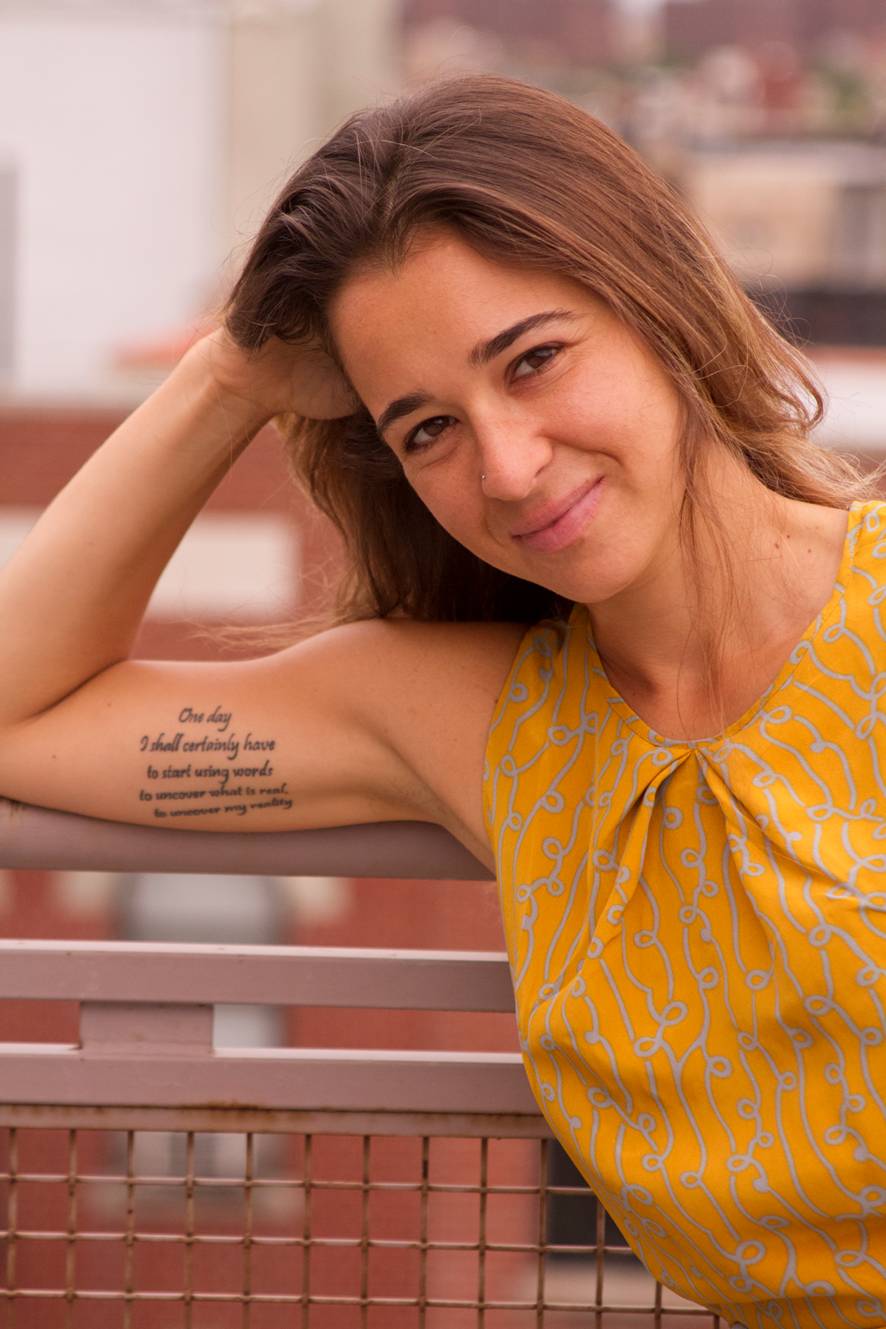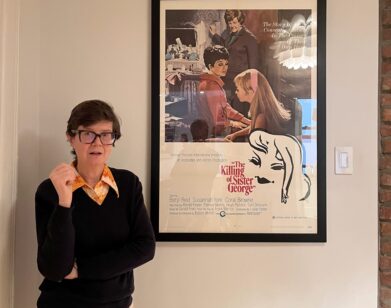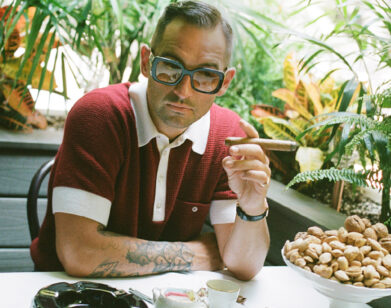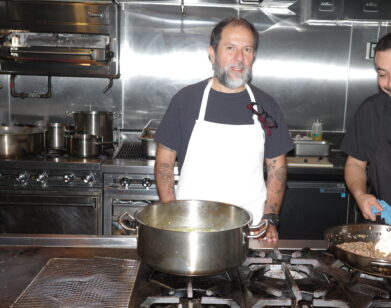What Liza Monroy Proposed

ABOVE: LIZA MONROY
Liza Monroy’s memoir The Marriage Act (Counterpoint/Soft Skull) is a tender, true exploration of human relationships. When her gay best friend Emir is on the verge of having his visa expire and returning to his homophobic home country in the Middle East—where his sexual identity could literally get him killed—Monroy intervenes with a marriage proposal. No messy sexual feelings; a fail-safe, trial marriage that can keep Emir safe and ready them both for romance elsewhere. Yet, this is not what happens. Monroy discovers as a married couple they have their own issues, struggles, heartache. Written with wit and wisdom, Monroy captures the mysterious essence of what tugs at our hearts, what makes certain human relationships love affairs, friendships, partnerships. The lines that divide us, the rings that bring us together, and how to find hope when it all falls apart. We spoke with Monroy about why proposing to her gay best friend was not a political act, what made her crave marriage, how friendship can trump romance, and what loving someone really means.
ROYAL YOUNG: You bring up an idea that the personal can be political. When you first proposed marriage to your gay best friend, it was personal, not political.
LIZA MONROY: Yeah, but it definitely became political over time. My friend Emir didn’t want to leave and go back to the homophobic homeland where he was from. It occurred me the easiest way to do that was through marriage, and I could just marry him. That will help him, and help me keep him with me. There was nothing political in that at the time. This was before California, before Proposition 8, before same-sex marriage had come into the larger cultural conversation. Emir and I were just like brother and sister.
YOUNG: So beyond what would later fit into a national conversation, marrying someone for ulterior motives and not because you’re in love with them romantically is interesting in and of itself. From a very young age you write about seeking out marriage. How was your marriage about saving you?
MONROY: I definitely saw it as a way to create a nuclear family I didn’t have. I viewed marriage as the first essential step to having a family and stable home. I had been engaged before to one person who I had met in high school and we had been on and off for years. I thought marrying him was my one chance at creating the life I wanted. I was completely fixated on this one relationship that kept working and not working. Our engagement didn’t work. I was very young, confused, and not ready for marriage. So when the idea of marrying Emir came to me, I thought I may as well use my ability to marry as a good deed, to help a friend. I thought it would be without the confusion that comes from a sexual relationship. A good primer, a good test marriage. Can you use marriage that way?
YOUNG: We have this notion as a society that it’s always easier with friends. It ignores the fact that friendships are extremely complicated. It feels like going in you felt marrying Emir was very safe.
MONROY: Yes, it was secure. It was failsafe.
YOUNG: Totally, because you’re best friends. And that’s of course not at all what ends up happening. What were your marriage issues?
MONROY: Our most surprising marriage issue was one you would probably see in a traditional marriage. He was a lot neater than I was. He kept his place nice and tidy, which is why I loved going over there so much, it was spotless. My place was a wreck. I left piles of clothes on the floor. He was very frustrated with my domestic habits. He was very nervous about the marriage being illegal, which I always insisted it wasn’t. He wanted it to be a big secret we only told people closest to us. I thought it was okay, people can know.
YOUNG: Well, he came from a country where he had to hide who he was, so his gut instinct must have been to hide this too. You were an open American: “Fuck it, I tell who I want.” [laughs]
MONROY: [laughs] Definitely, it wasn’t just a marital difference, it was a cultural difference. This was a multicultural marriage as well. I was marrying someone I loved because I didn’t want to lose them; I didn’t see anything wrong with that.
YOUNG: Do you feel like being with Emir saved or stopped you from seeking romantic relationships elsewhere?
MONROY: No, I was all about romantic relationships. Even when I was with him, I was all about finding “the one.” I was aware my marriage had an expiration date. I used the marriage as a filter. If the guy was conservative, didn’t believe in gender-neutral marriage or thought what I did was wrong, then I immediately knew they weren’t for me. That was actually very helpful. [laughs]
YOUNG: I feel like you were in a completely real marriage. Do you?
MONROY: Yeah, I would definitely say that, and more so with years of hindsight. When I did ultimately marry the first guy I loved, that felt more like a sham because he wanted me to change myself.
YOUNG: Is that the grounds? Is marriage about being with someone you love whom you don’t try to change?
MONROY: Yes. You accept them entirely the way they are. Neither of you have to change in order to be with the other. Whether that’s having sex with other people or monogamy. The main thing is not having to reconcile your different lives like cutting your hair, changing the way you dress, who you are. The marriage with the guy I was sleeping with was asking me to be someone who wasn’t me. Emir and I accepted each other unconditionally.
THE MARRIAGE ACT IS OUT NOW.






